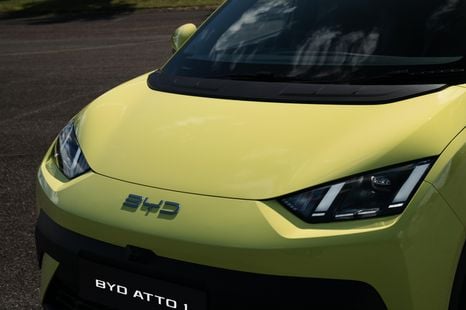

William Stopford
Which new car should you buy for under $30,000?
5 Hours Ago
BMW Group Australia says it is not going to follow Mercedes-Benz down the controversial 'agency model' path – at this stage.

Senior Contributor
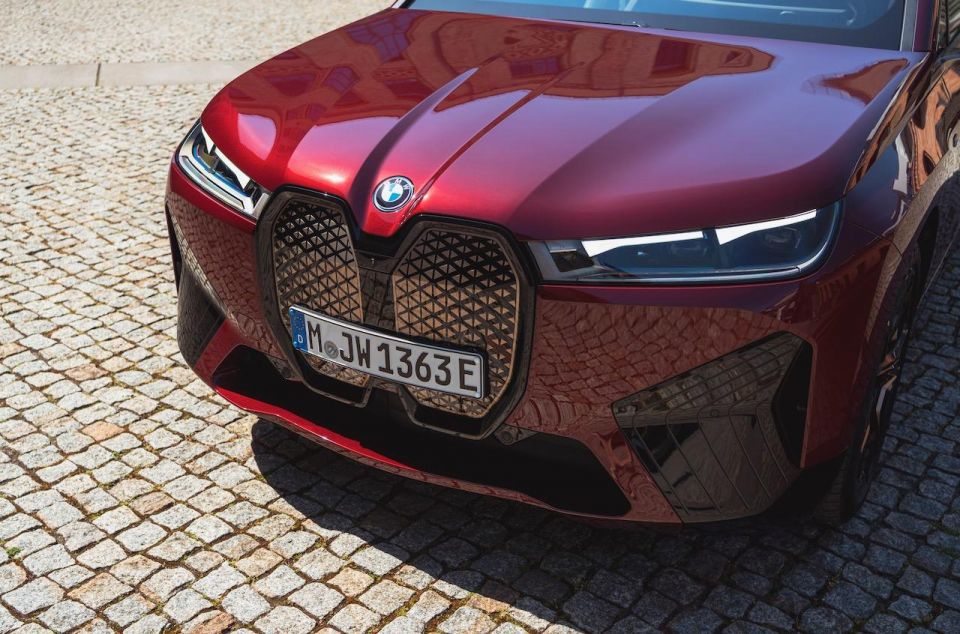

Senior Contributor
BMW Group Australia says it has “no current plans” to move away from its franchise dealer sales channels in favour of a Honda- and Mercedes-Benz-style ‘agency’ model that would give it more control over pricing and inventory.
That’s despite the company moving towards the more direct-to-consumer business model across Europe, as reported earlier in the week.
The agency model takes responsibilities away from licensed franchise dealers (separate private or public entities) and gives the car company greater control over inventory and pricing.
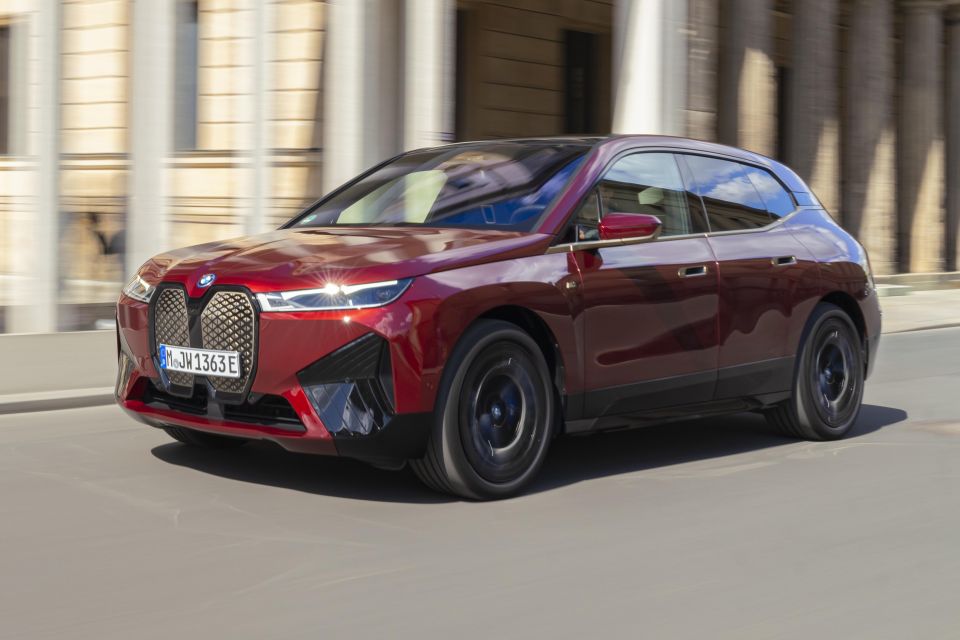
Rather than wholesaling stock to dealers, which must store and sell them while taking a cut, the agency model sees car brands invoice customers directly from inventory they control, before giving the dealer/agent a fee for facilitating the test drive, purchase and pickup.
“We are currently talking with our European dealers about a move to a genuine agency model,” said BMW Group’s sales and marketing head Pieter Nota, who added both Bimmer and Mini are considering the newer business model.
China is not on the table at the moment, he added, and it is not legal in many US states where franchise laws prohibit carmakers from selling directly to consumers.
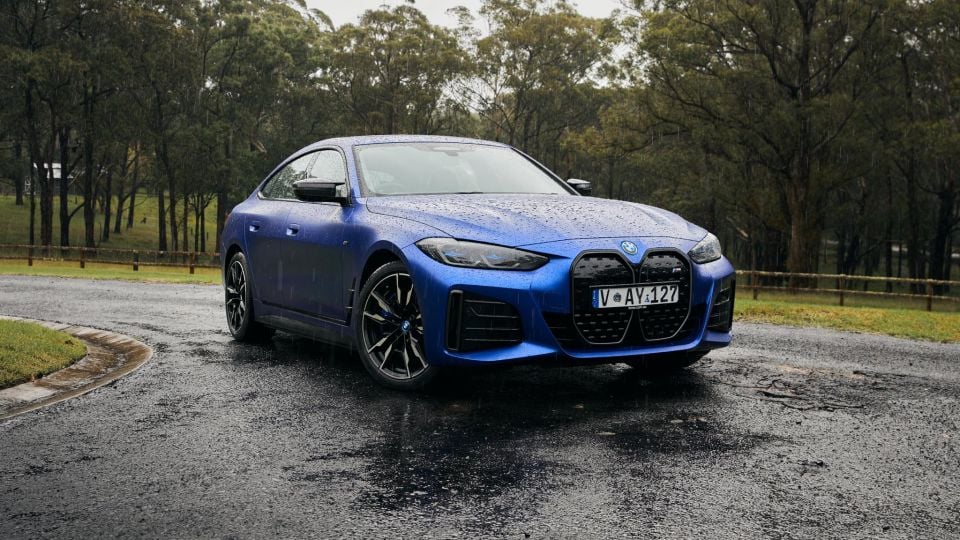
It appears that Australia is, for now, in the same boat, at least according to the company’s local spokesperson.
“Together with our dealer partners, BMW Group always strives to offer its customers the best premium experience,” the BMW Australia spokesperson told us today.
“With customer expectations changing, digitalisation increasing and the online sale of vehicles expanding, BMW Group sees the future of Europe as a direct sales model.
“This is currently being developed together with dealer partners who will continue to be the backbone of our company’s sales success.
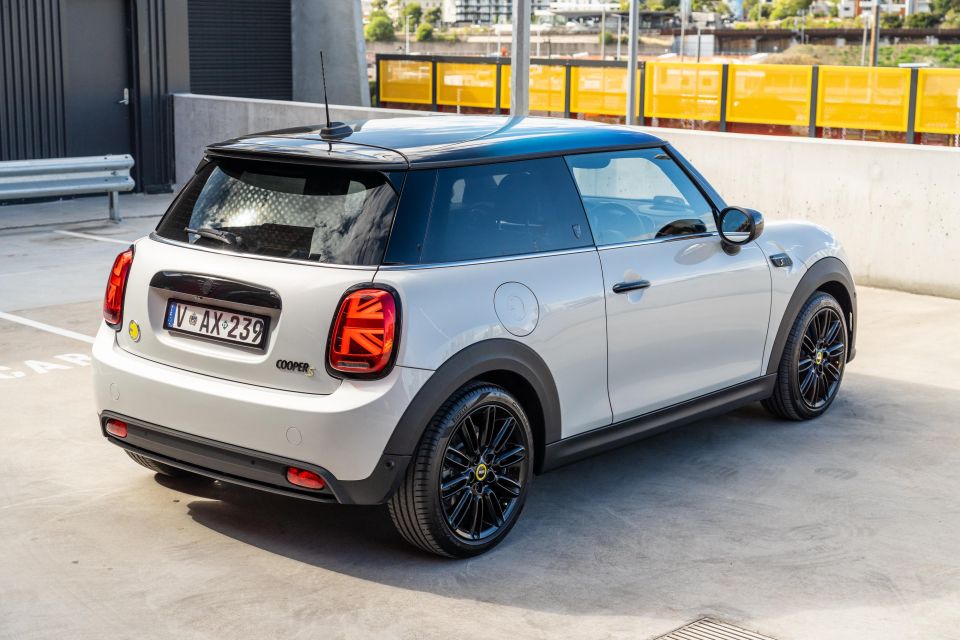
“[But] the focus is on Europe and there are no current plans to change the existing sales model in Australia.”
BMW Group Australia’s current position as of May 2022 on this hot-button issue reflects what it told us when we last enquired about it, in this feature piece from July 2020.
That does not rule out a switch down the line, of course, and many industry experts say all car manufacturers are closely watching those competitors exploring direct-to-consumer strategies.
Car brands adopting the new model tend to say that it gives customers access to a more universal pool of stock, rather than forcing them to shop dealer-to-dealer, and it also entirely removes the haggling process, which some people view as a pain point.
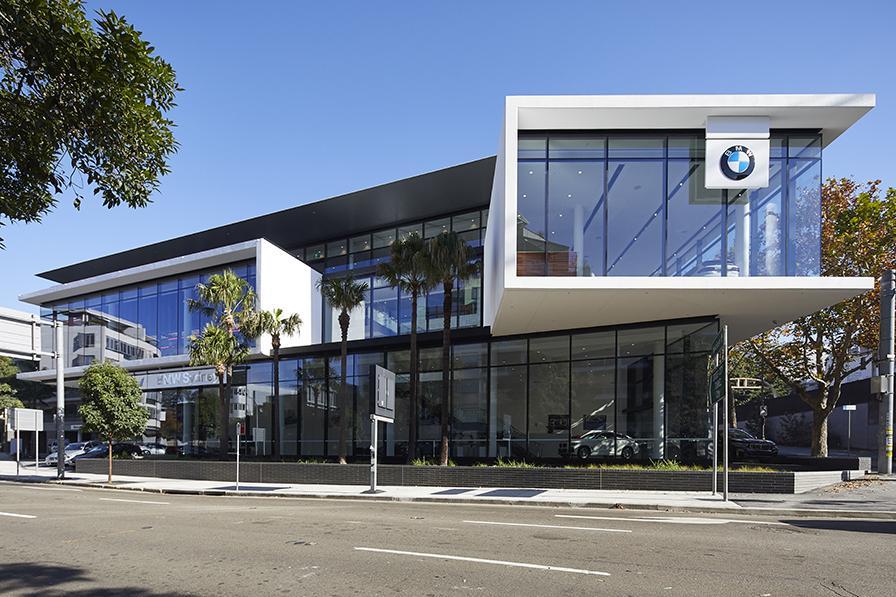
Dealer advocates and dealers themselves say it lines the car brands’ pockets and removes healthy competition, which in times where stock is available can indeed drive down prices.
Mercedes-Benz and Honda have both adopted agency models in Australia, with both brands since taken to court by disgruntled dealers and the consumer watchdog respectively over issues associated with the switch.
In the case of Mercedes-Benz, a majority of its dealers want compensation despite signing up to new agreements. It’s expected that any precedent set here could help determine the direction some OEMs choose to go in next.
MORE: BMW exploring ‘agency’ sales model MORE: Mercedes-Benz convinces European dealers to adopt agency model MORE: Honda Australia details agency sales, as new model takes force MORE: ACCC taking Honda Australia to court MORE: Q&A on why Mercedes-Benz is changing its dealer model MORE: Mercedes-Benz versus dealers: Agency battle Federal Court date secured MORE: NSW Senator says Mercedes-Benz misled Senate over agency switch MORE: BMW Australia doubles down on dealers as rival moves to agency sales


William Stopford
5 Hours Ago
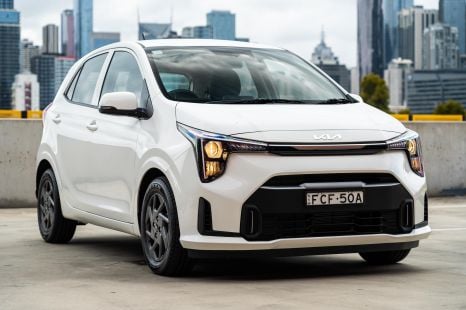

Josh Nevett
5 Hours Ago
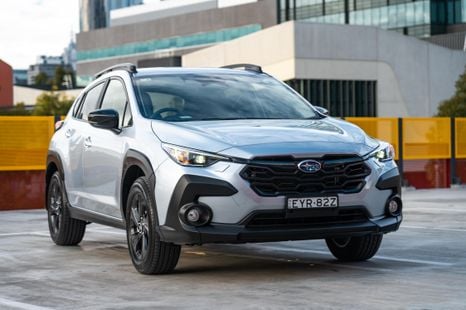

Max Davies
5 Hours Ago
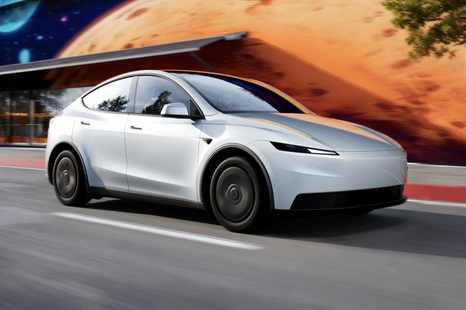

Shane O'Donoghue
13 Hours Ago
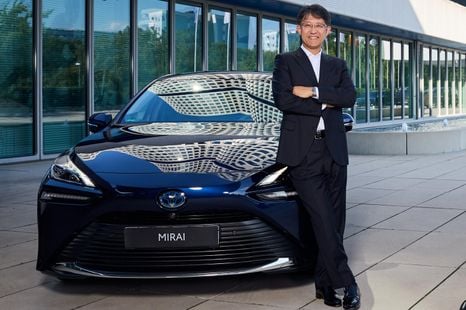

Derek Fung
15 Hours Ago
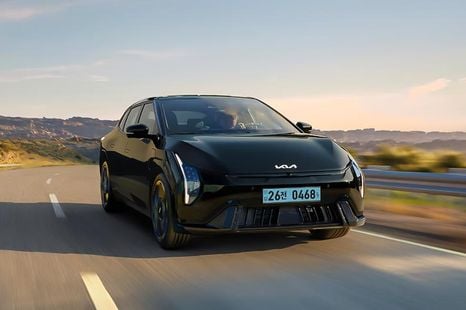

James Wong
19 Hours Ago